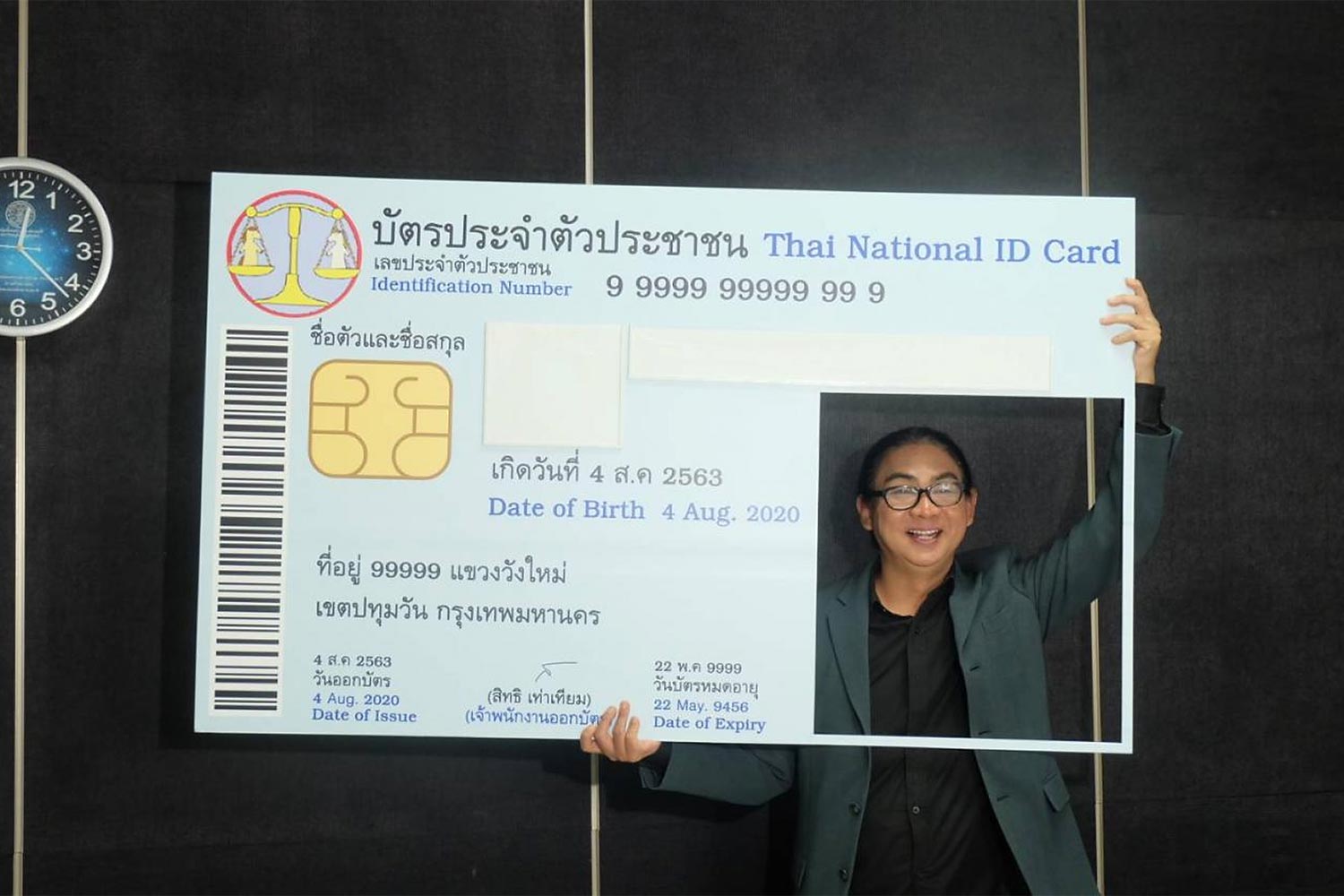Building on Marriage Equality
Advocates Push for Legal Reform
Following Thailand’s historic legalization of same-sex marriage, activists are now pressing for a gender recognition law to further expand LGBTQI+ rights. People’s Party MP Tunyawaj Kamolwongwat, speaking at the Bangkok Post’s “Pride in Action” forum, described gender recognition as the next critical step. The forum, held in Siam Square, highlighted the urgency of addressing legal barriers faced by transgender individuals in everyday situations like immigration checks.
Challenges in Lawmaking
Coordination Delays Progress
The proposed gender recognition bill faces hurdles due to the need for extensive coordination across government agencies and revisions to existing regulations. Tunyawaj noted that the issue has been raised in parliament but often dismissed due to a lack of public understanding. Transgender individuals frequently encounter issues when their legal titles, such as “Mr” or “Miss,” do not align with their gender identity, underscoring the need for comprehensive legal reform.
Pride Month Momentum
Celebrating Visibility
The push for gender recognition coincides with Thailand’s vibrant Pride Month celebrations, kicked off by a massive Pride Parade on June 1. Featuring a 200-meter rainbow flag stretching across Bangkok, the event marked a historic moment for LGBTQI+ visibility. Despite this progress, advocates stress that legal reforms remain essential to ensure equal treatment and dignity for all, particularly for transgender individuals navigating restrictive policies.
Barriers to Equality
Restrictive Conditions Persist
Current laws impose significant obstacles, including a requirement that same-sex couples be at least 25 to marry and that transgender individuals obtain psychiatric approval for legal gender changes. Tunyawaj called these conditions barriers to personal autonomy, advocating for their removal. He also emphasized the importance of an Anti-Discrimination Bill to protect LGBTQI+ individuals from unfair treatment in various aspects of life.
Education as a Foundation
Promoting Inclusivity
Education is seen as a cornerstone for advancing LGBTQI+ rights. Tunyawaj stressed the need to teach children and youth about inclusivity to foster a more accepting society. The Ministry of Justice, in collaboration with the Ministry of Education, is launching nationwide campaigns to promote awareness and acceptance. These efforts aim to support the implementation of anti-discrimination measures and create a cultural shift toward equality.
Historic Marriage Equality Win
A Step Toward Inclusion
Nareeluc Pairchaiyapoom, director of the International Human Rights Division at the Ministry of Justice, reflected on the long struggle to pass the Marriage Equality Act, effective January 22, 2025. The law grants same-sex couples equal rights in adoption, inheritance, and state welfare, marking a significant victory. Nareeluc highlighted ongoing efforts to promote social inclusion, emphasizing that public education and legal reforms are vital for sustaining Thailand’s progress in human rights.









